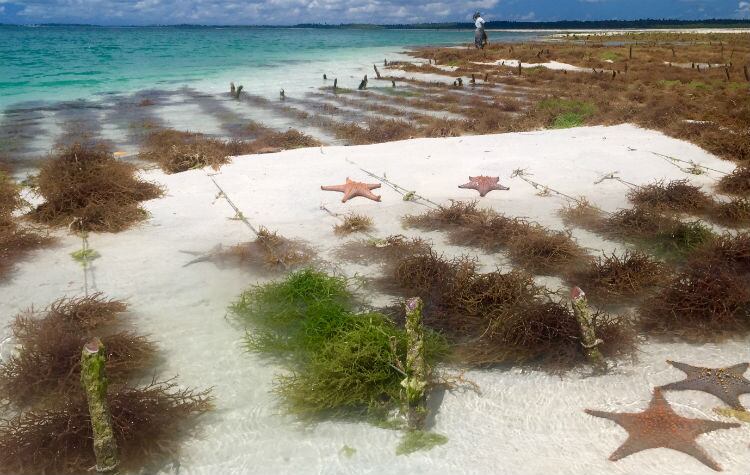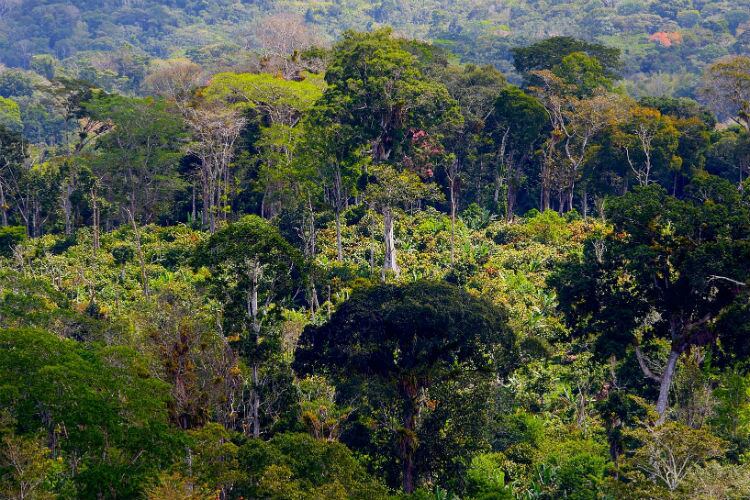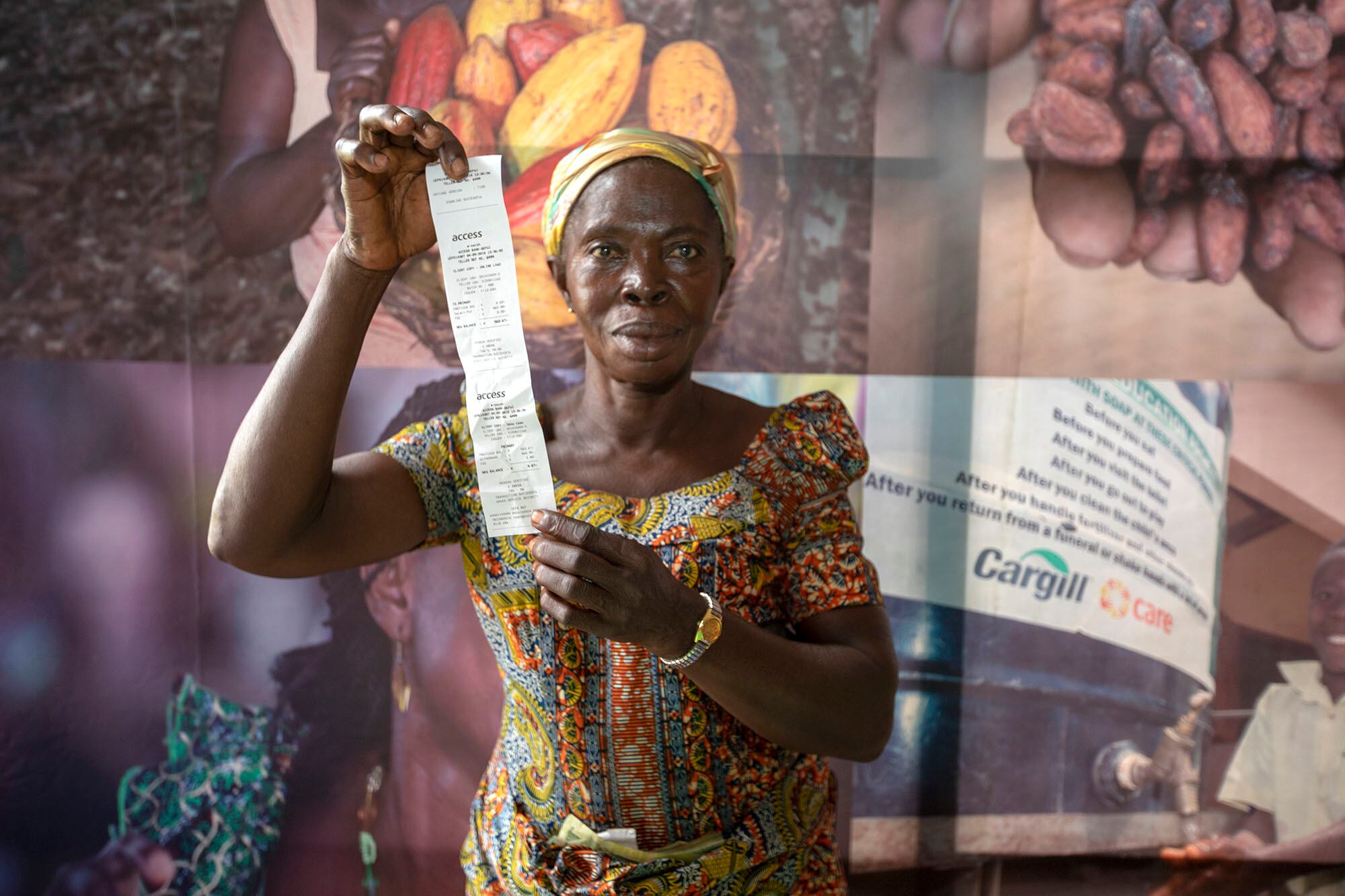Red seaweed is the raw material needed to produce carrageenan, a texturizer used in various applications such as dairy, confectionery and personal care products.
Cargill, a recognized supplier of high-quality carrageenan for more than 50 years, says it sources red seaweed from four continents and to help ensure a long-term sustainable red seaweed supply chain, it has launched the Red Seaweed Promise.
The program is specifically designed to address key sustainability challenges for the harvesting and cultivation of red seaweed, while enhancing producer livelihoods, supporting local communities and conserving the marine environment.
Cargill says the program also answers food industry and consumers’ needs for more sustainable food ingredients, with a commitment to source 60 % sustainable red seaweed by 2025.
“’Red seaweed production is critical to the prosperity of approximately one million producers and their communities,’’ said Sebastien Jan, Cargill seaweed strategic sourcing project manager.
Climate change
“Today, these producers face multiple challenges, from climate change and extreme weather events to inefficient farming and harvesting practices, which have a significant impact on the quality of red seaweed. The Red Seaweed Promise supports producer’s prosperity by providing the training, coaching and tools producers need to adopt environmental and safe production best practices while committing to sustainable marine and coastal ecosystems.”
Cargill’s Red Seaweed Promise will leverage the company’s strong partnerships with producers and suppliers to increase traceability and transparency in the supply chain for its customers. Proforest, a leading non-profit group offering consultancy services in sustainable sourcing of natural resources, supported Cargill in the definition of a credible industry standard evaluation tool and conducted verifications in the regions where the company sources red seaweed.
Results are used to set region-specific continuous improvement plans, focusing efforts on four priority areas: empowering seaweed producers, improving production and harvest practices, supporting sourcing communities and strengthening partnerships.
“We are committed to making a positive impact and securing sustainably sourced red seaweed for our customers. To ensure we are following international sustainability priorities, the program supports the UN Sustainable Development Goals" said James Ede, Cargill sustainability manager.




